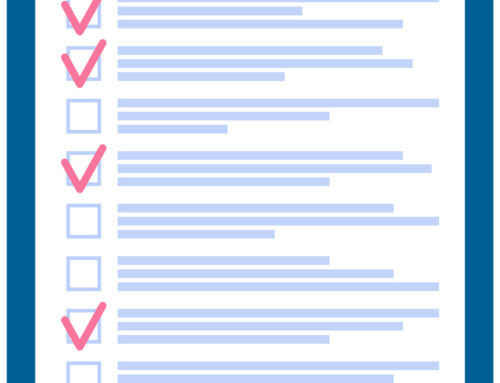In healthcare IT, one fact remains painfully true: many software vendors create applications but fail to continually update them to keep up with the rest of the industry! Consequently, in order to keep using certain software, users are unable to run more recent versions of Microsoft software on which they rely.
For C4, most of our healthcare IT customers are laboratories. We fully understand that they face a choice: make disruptive, expensive software changes or stick with earlier Microsoft versions which can be a risky choice that will make systems inefficient and uncertain. Regardless of what the laboratory decides, we get that they are making hard judgment calls. So, we strive to assure they are fully aware and have up to date information to make the best decision possible.
At C4, where we’re always focused on keeping the patient the primary focus, we work to turn the lights on regarding this issue as many customers rely on older Microsoft versions. One way of accomplishing this is to keep them informed so they continually think about the topic of “sunsetting” Microsoft versions. We regularly watch their End of Life (EOL) announcements and share our findings with you.
In our first edition of “Are You Ready to Be Sunsetted?” we provided a rundown of software versions that were expiring from Microsoft’s support. Now there is another set of EOL dates that have recently passed or are coming up in the future. Feel free to use this as a guide to planning and budgeting accordingly. Below, we share the latest on Microsoft software versions so you can check out which ones you’re running for your own plans. They are:
- Windows 7
- Windows 10
- Windows Server 2008, 2016, 2019
- SQL Server 2008, 2016, 2019
- Microsoft Office 2007, 2013
For each of the below releases, we’ll provide EOL information as well as findings.
Windows 7
End of life:
- Original End of Life date was in January of 2020
- An extension was provided by Microsoft through the end of 2023
- Now no longer supported by them
Findings:
- Typically, still used only by organizations relying on 3rd party software that requires it
- With no updates, patches, or any support these systems are open to attacks
- Recommendation if still in use:
- Understand why it’s still in use and, if possible, plan to upgrade
- Tightly contain such systems and closely limit network access
Windows 10
End of life:
- Upcoming End of Life date is October 14, 2025
- There are no existing Microsoft announcements about extending this date
Findings:
- Some customers are already making the move to Windows 11, good job!
- If there are no showstoppers to using other software in your environment, then upgrade
- When creating your 5-year plan, add this to the 2025 roadmap if applicable
Windows Server 2008, 2016, 2019
End of life:
- Windows Server 2008 (both versions of it) ended all support in January of 2020
- Windows Server 2016:
- Mainstream support ended in January of 2022
- Extended support will be available through January 12, 2027
- Windows Server 2019:
- Mainstream support ended last day of January 2024
- Extended support will be available through January 9, 2029
Findings:
- With no support available, relying on Server 2008 is risky and use should be limited
- Those on Server 2016 have had security updates but no bug fixes for 2 years now
- Recommend users on Server 2016 make 2026 the year to upgrade on their roadmap
- Users on Server 2019 are in good shape with Microsoft support for about 5 more years
SQL Server 2008, 2016 & 2019
End of life:
- SQL Server 2008 has had no support since the middle of 2019
- SQL Server 2016 support ends in July of 2026
- SQL Server 2019:
- Mainstream support ends last day of February 2025
- Extended support will be available through January 8, 2030
Findings:
- Any unsupported systems running 2008 should upgrade ASAP
- Those on version 2016 should target upgrading in 2025 as part of their 5-year roadmap
- The healthcare world is largely upgrading to version 2019 due to the support timeline and 3rd party compatibility
Microsoft Office 2007, 2013
End of life:
- Office 2007 ended all support in October of 2017
- Office 2013 ended all support in April of 2023
Findings:
- Organization-wide use of Office 2007 is risky so upgrading connected devices is advised
- As Office 2013 also became vulnerable last year, it’s apps are now more open to attacks
- In either case, put upgrading these Office versions on the fastest upgrade path possible
We hope these facts and recommendations will help you keep your software as secure as possible. C4 has a unique opportunity to see the dangers that our customers face so we work to increase security wherever we can. If you’ve got any questions about your own software versions and the related implications of their use, reach out and let us know…we’d love to talk about it with you.






